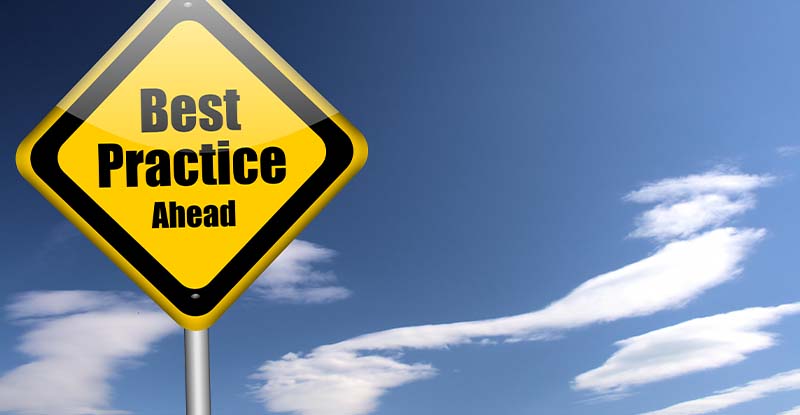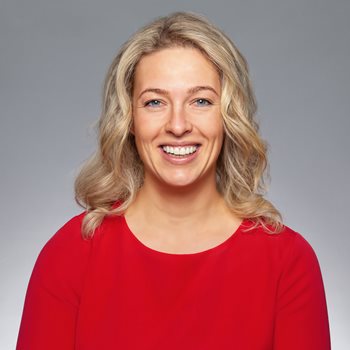
As a CPA Candidate, you are bound by the Rules of Professional Conduct, just as a CPA would be. Given our CPA profession is self-regulated, it is logical a core element of that Code is integrity. Below is some advice, evidence, and replies for you to consider when drafting communication with integrity to any person.
In the first part of this two-part mini-series on Candidate Best Practices when it comes to demonstrating effective enabling skills, I will be discussing what NOT to do on the discussion boards. In Part 2, I will suggest why it is in your best interest to work on your enabling skills and some tips on how to manage your development as a professional.
As CPAWSB’s Lead Policy Advisor, PEP, I love interacting with facilitators and candidates via our global discussion boards. It truly is a great place to solve problems, explore technical application, and firm up our understanding of all matters policy. Sometimes though, it gets a little ‘spicey’ out there.
Similar advice may be offered to candidates: It isn’t always what you say and do, but how you say and do it.
As a CPA in this role, I have to use my communication skills professionally. My expectation is that you do the same. Let’s look at a few sample posts to discuss how NOT to post.
I heard we have to keep our cameras on during the workshop – I REFUSE! There is no way this is fair, and it is not acceptable to have us keep the camera on us THE ENTIRE TIME!!! […] And why do I have to put it on? You can SEE INSIDE MY HOUSE – THAT IS AN INVASION OF PRIVACY.
Given your face would have been shown during an in-person session and you would have been visible the entire time during that session, I fail to see how this is any different. Further, should you need to excuse yourself during the virtual session, similar to how you would do in an in-person workshop, you may get up and leave. We are adults in a professional program and are not minute-counting reasonable washroom or cell phone breaks.
As far as privacy, CPAWSB permits candidates and session leaders to use virtual backgrounds, so there is no need to share anything more than you would, had you been at an in-person workshop. Also, are all those CAPS because you think I cannot hear you? Perhaps if you turned on your webcam, it would help us communicate better…
I encourage you to reflect on why you feel this is an appropriate tone in the context of a professional program. Your goal is to become a self-regulated professional, which requires communicating in all instances: respectfully; appropriately; and with an accurate understanding of the law.
This program is too hard! The requirements are NOT reasonable. There is no way anyone can do this case in one hour. This is $#^%$!
And if it is simply a case of “I don’t-feel-like-its” – I get that too. Consider replenishing your motivation with some self-care.
In the first part of this two-part mini-series on Candidate Best Practices when it comes to demonstrating effective enabling skills, I will be discussing what NOT to do on the discussion boards. In Part 2, I will suggest why it is in your best interest to work on your enabling skills and some tips on how to manage your development as a professional.
As CPAWSB’s Lead Policy Advisor, PEP, I love interacting with facilitators and candidates via our global discussion boards. It truly is a great place to solve problems, explore technical application, and firm up our understanding of all matters policy. Sometimes though, it gets a little ‘spicey’ out there.
Advice Received
When I first started a more public stakeholder-facing role with CPAWSB, I remembered a piece of advice one of my management school professors taught us: “If you wouldn’t want what you said/done/written posted on the front page of the news, do not do it.”Similar advice may be offered to candidates: It isn’t always what you say and do, but how you say and do it.
As a CPA in this role, I have to use my communication skills professionally. My expectation is that you do the same. Let’s look at a few sample posts to discuss how NOT to post.
Anecdotal Evidence
Here are some near-examples of messages posted:
#1 Webcam Allergy
I heard we have to keep our cameras on during the workshop – I REFUSE! There is no way this is fair, and it is not acceptable to have us keep the camera on us THE ENTIRE TIME!!! […] And why do I have to put it on? You can SEE INSIDE MY HOUSE – THAT IS AN INVASION OF PRIVACY.
Sam’s Reply:
Given your face would have been shown during an in-person session and you would have been visible the entire time during that session, I fail to see how this is any different. Further, should you need to excuse yourself during the virtual session, similar to how you would do in an in-person workshop, you may get up and leave. We are adults in a professional program and are not minute-counting reasonable washroom or cell phone breaks. As far as privacy, CPAWSB permits candidates and session leaders to use virtual backgrounds, so there is no need to share anything more than you would, had you been at an in-person workshop. Also, are all those CAPS because you think I cannot hear you? Perhaps if you turned on your webcam, it would help us communicate better…
I encourage you to reflect on why you feel this is an appropriate tone in the context of a professional program. Your goal is to become a self-regulated professional, which requires communicating in all instances: respectfully; appropriately; and with an accurate understanding of the law.
#2 I love-hate accounting
This program is too hard! The requirements are NOT reasonable. There is no way anyone can do this case in one hour. This is $#^%$!Sam’s reply:
This is a challenging program. Many have felt similar to you and have become CPAs. It is essential to utilize your CPA PEP resources and focus on a manageable plan, while acknowledging this program is difficult. That said, please remember that this is a discussion board used by hundreds, if not thousands of CPA candidates, where the best use of this resource is to focus on technical course material and policy-related matters. Should you wish to discuss strategies to make this program more manageable, I suggest contacting [email protected].And if it is simply a case of “I don’t-feel-like-its” – I get that too. Consider replenishing your motivation with some self-care.
The end (for now)
Part of this program is designed to replicate challenges you will face in your career as a self-regulated professional. Often, the public – clients, employers, or stakeholders – will expect more of you than you believe to be reasonable. Your abilities will be tested once you are a CPA as well. In Part 2 of this series, I will suggest why it is in your best interest to work on your enabling skills and some tips on managing your development as a professional.Do you have feedback on this post or a question you’d like answered by an experienced CPAWSB educator? Please contact your facilitator or send a question to the General Topic in the Candidate Discussion forum.

Samantha Taylor, PME, CPA, CA, is an educator and lead policy advisor for CPAWSB and a Senior Instructor of accounting at Dalhousie University. She is on a mission to understand and enable learner efficacy while eliminating doldrums occasionally associated with accounting education. Read more of Sam’s posts at the CPAWSB blog.




.jpg?ext=.jpg)
